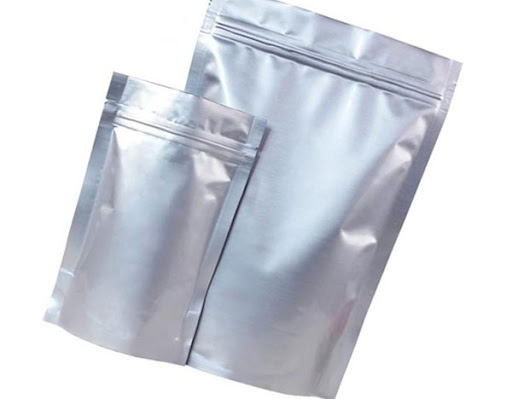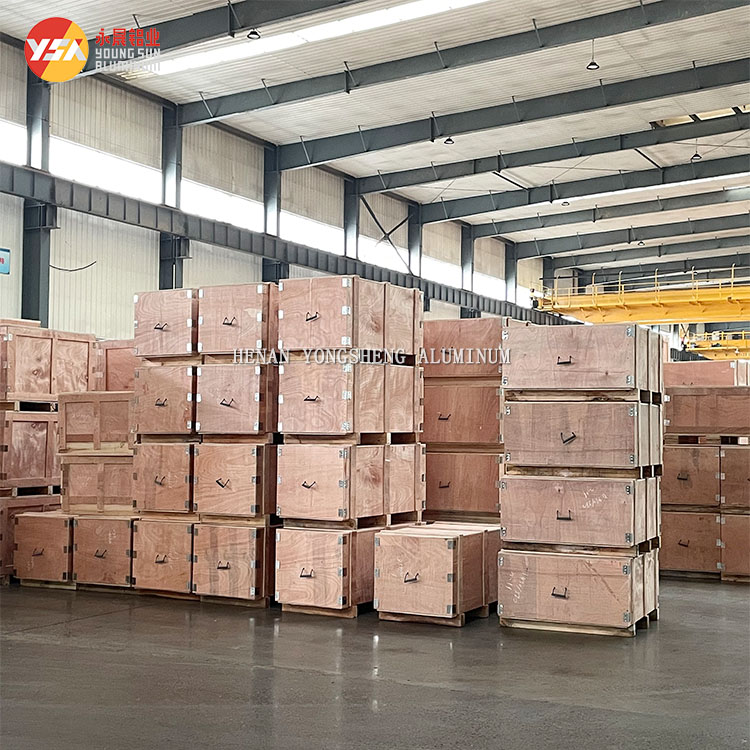Aluminum foil bags are widely used in the packaging of food, pharmaceuticals, cosmetics, and electronic products due to their excellent moisture-proof, anti-oxidation, and sealing properties. Proper storage methods are crucial to maintain the performance and quality of aluminum foil bags. Here are some essential tips and considerations for storing aluminum foil bags.
Maintain a Dry Environment
Moisture Control: Aluminum foil bags are highly sensitive to moisture. Excessive humidity can compromise their moisture-proof capabilities. Therefore, they should be stored in a dry environment, ideally with a relative humidity below 50%. Using desiccants in the storage area can help maintain dryness.
Mold Prevention: High humidity can cause mold to develop on the surface of aluminum foil bags, especially during humid seasons. Preventative measures should be taken to avoid mold growth.

Temperaturkontrolle
Optimal Temperature: The storage temperature for aluminum foil bags should be maintained between 15°C and 25°C. Extreme temperatures can affect their performance. High temperatures can accelerate aging, while low temperatures can make the bags brittle.
Avoid Direct Sunlight
UV Protection: Aluminum foil bags should be kept away from direct sunlight because UV rays can accelerate their aging and degradation, affecting their lifespan and protective properties. Store them in a cool, shaded area.
Prevent Mechanical Damage
Avoid Heavy Pressure: When storing aluminum foil bags, avoid placing heavy objects on top of them to prevent deformation or damage, especially for thinner bags.
Scratch Prevention: Keep aluminum foil bags away from sharp objects to prevent scratches or punctures. Using soft materials for separation can provide additional protection.
Prevent Chemical Contamination
Chemical Safety: Aluminum foil bags should not come into contact with acids, alkalis, solvents, or other chemicals that could cause corrosion or chemical reactions, potentially affecting their performance and safety.
Proper Stacking
Organized Storage: Store different sizes and types of aluminum foil bags separately for easy management and use. Label the bags with production dates and batch numbers for traceability and inventory control.
Ventilation: Ensure that the storage area is well-ventilated to prevent humidity and mold growth. Good ventilation helps maintain suitable temperature and humidity levels.

Regular Inspection
Quality Checks: Regularly inspect the quality of aluminum foil bags during storage. Look for signs of damage, discoloration, or mold, and replace any compromised bags promptly.
Clean Storage Area: Keep the storage area clean and free from dust and contaminants to prevent any impact on the quality of the aluminum foil bags.
Schlussfolgerung
Proper storage methods can significantly extend the lifespan of aluminum foil bags and maintain their excellent protective properties. When storing aluminum foil bags, it is important to keep the environment dry, control temperature, avoid direct sunlight, prevent mechanical damage, avoid chemical contamination, stack them properly, and conduct regular inspections. These practices ensure that aluminum foil bags remain in optimal condition, providing reliable protection for packaged products.


